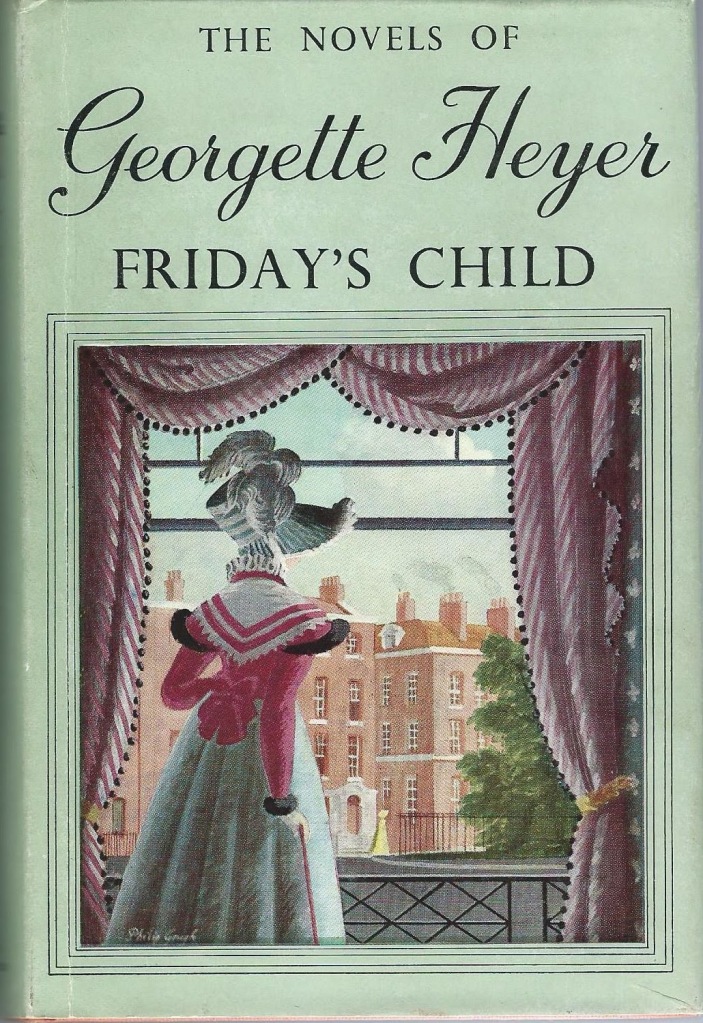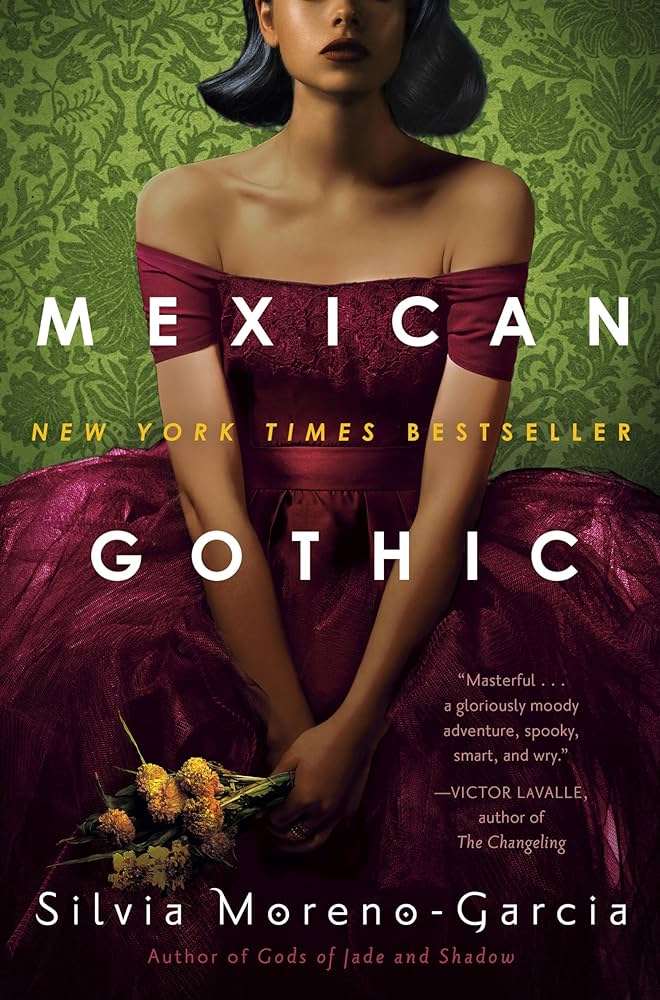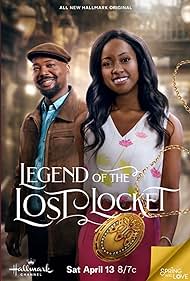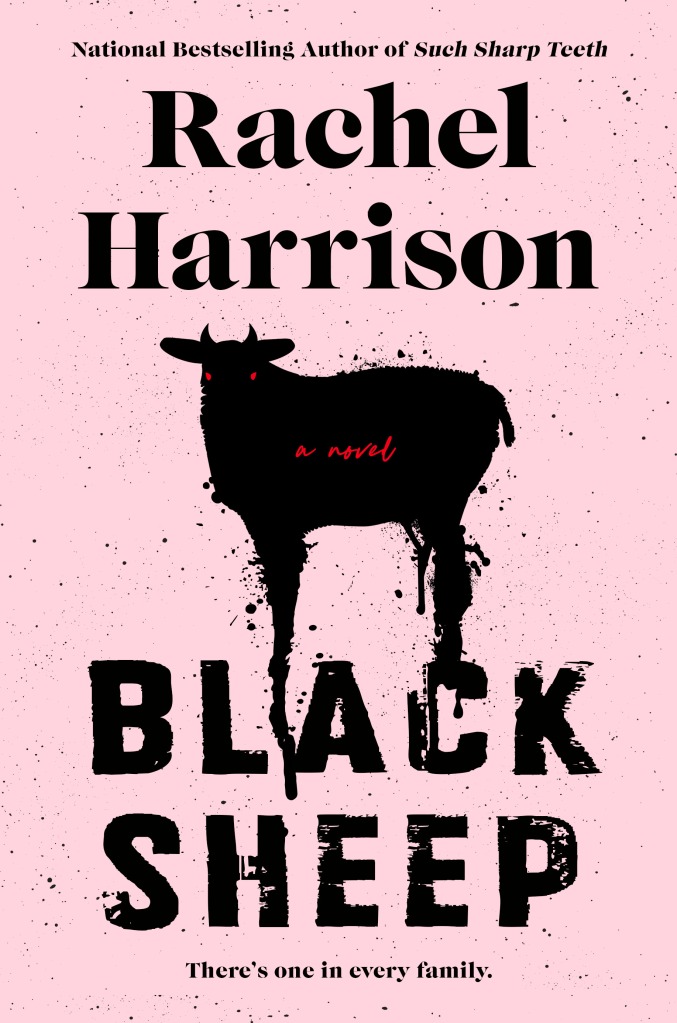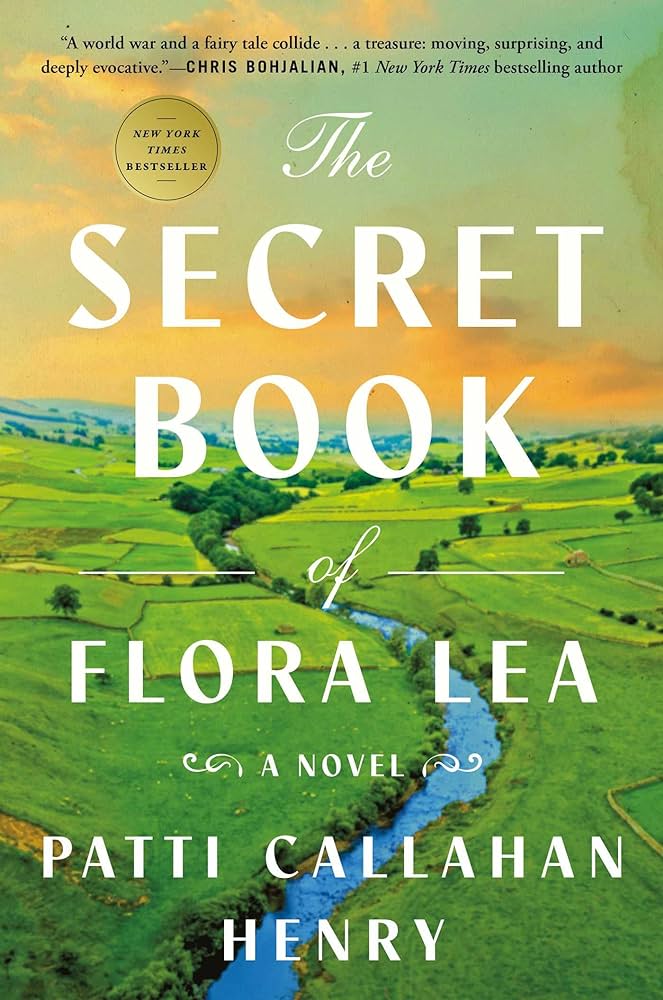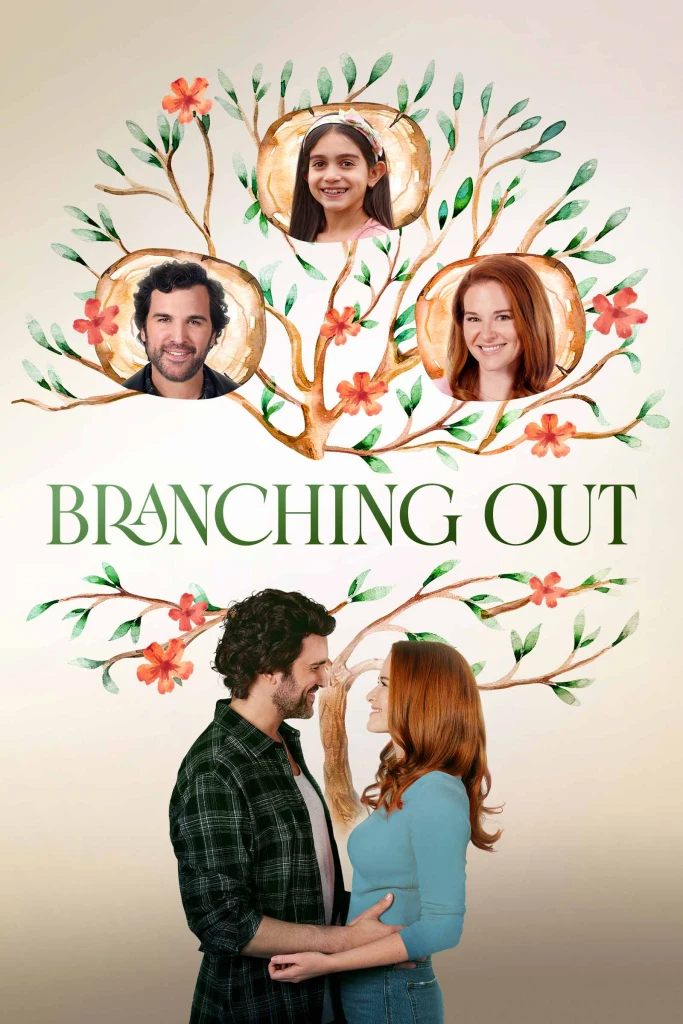
Donor or Dad?
There’s probably all kinds of things wrong with a 10 year-old talking her mother into seeking out her bio-dad so that her school “family tree” project can have more than one branch with only her mother and her grandmother on it. “It’s more like a log”, she complains. And the fact that her bio-dad was a sperm donor who requested anonymity makes it even more problematical. Ultimately though, The sperm donor (T.J.) was interested in meeting his daughter and they had a lot in common. So because it was Hallmark and I like how they are trying new takes and new directions rather than relying on the same old formulas, I decided to give them a pass on the wisdom, ethics, and dangers of the mother’s actions.
Now what I did have a problem with was the teacher assigning such a project in the first place. For those kids who did not want their personal domestic situations exposed to the public scrutiny of the whole class, there should have been an alternate and less invasive project. Especially as Ruby, our kid heroine, went to her teacher and expressed her discomfort explaining she was conceived via IVF. The teacher just blows her off with ” A Family Tree can look like anything” and “even weeds can become beautiful flowers.” Ahem. Ruby’s mother, Amelia, should have gone to the teacher, had a pow-wow, and escalated it as necessary. But she didn’t, needless to say.
Amelia, putty in the hands of her precocious and persistent daughter, decides to try to find the sperm donor with a DNA test. She gets a match and when she researches the background of T.J., the sperm donor, she learns that he is really rich. His family founded a huge and successful ranch which is also a tourist destination. The word “Dynasty” is used. I am sure that had absolutely nothing to do with Amelia following through with ambushing him with no warning pursuing his acquaintance.
T.J. himself works there but his real career is as a professional musician and back-up singer (and he’s really good!) Ruby, like him, plays the guitar. Both Ruby and T.J. start to get attached to each other and T.J.’s large and loving family welcome Amelia and Ruby with open arms. Things proceed very quickly which gives Amelia pause from time to time. She keeps saying she wants to protect Ruby from being hurt by an absentee unstable father like she had, but does very little to do so. At several points she could have put her foot down, but she really doesn’t. To be fair, T.J. is very nice, and a very good guy besides coming from a wealthy and prominent family and not to mention handsome as heck. And his family could not have been more warm, loving, and lovable. Of course, T.J. and Amelia start to have “feelings.” The romance and relationship part was good. Also two good kisses in which Sarah Drew really gave her all. Not that I blame her.
Everything goes great until T.J. gets his dream job and tells Amelia that he has to go on tour for 6 months and Amelia goes berserk. From the beginning he has been totally upfront that this scenario was in the cards. But Amelia is triggered and gets all irrational. Luckily this doesn’t last long due to the stern talking to she gets from her friend and partner, Maura. Actually, she reads Amelia the riot act and it works. The secondary plot line involves this very admirable business partner and reflects Amelia’s struggles with leading a “guarded life” to protect Ruby and herself from pain and disappointment. Her partner wants to expand their architectural firm by designing a whole subdivision and Amelia just wants to keep things small and unchanging. It’s a metaphor!
This movie could have gone sideways at many different points and in several different ways. That it didn’t is credit to the great cast and the acting. Cora Bella who plays the very precocious Ruby is a shining star. In other hands, Ruby could have been very bratty and irritating. The good script provided her with the best lines in the movie and she made the most of them. Sarah Drew, who always gives a likable performance ensured her character’s sometimes dubious actions were at least understandable. And the same with Juan Pablo di Pace’s T.J.. Amelia’s friend and partner Maura was a force of nature. And T.J.’s family. What can I say? I love my family, but can I please just spend a week every year with the Cruz’s on their beautiful ranch?
P.S. I have to mention one thing besides the bad teacher that really bothered me. At one point, they have T.J. busting into the Elementary School and barging into Ruby’s the classroom during class unimpeded and with impunity. He just opened the door and ran in. No one turned a hair. This made me very uncomfortable. Also, I trust we won’t have a sequel where T.J.’s other hypothetical progeny start coming out of the woodwork. That would get way too complicated.
